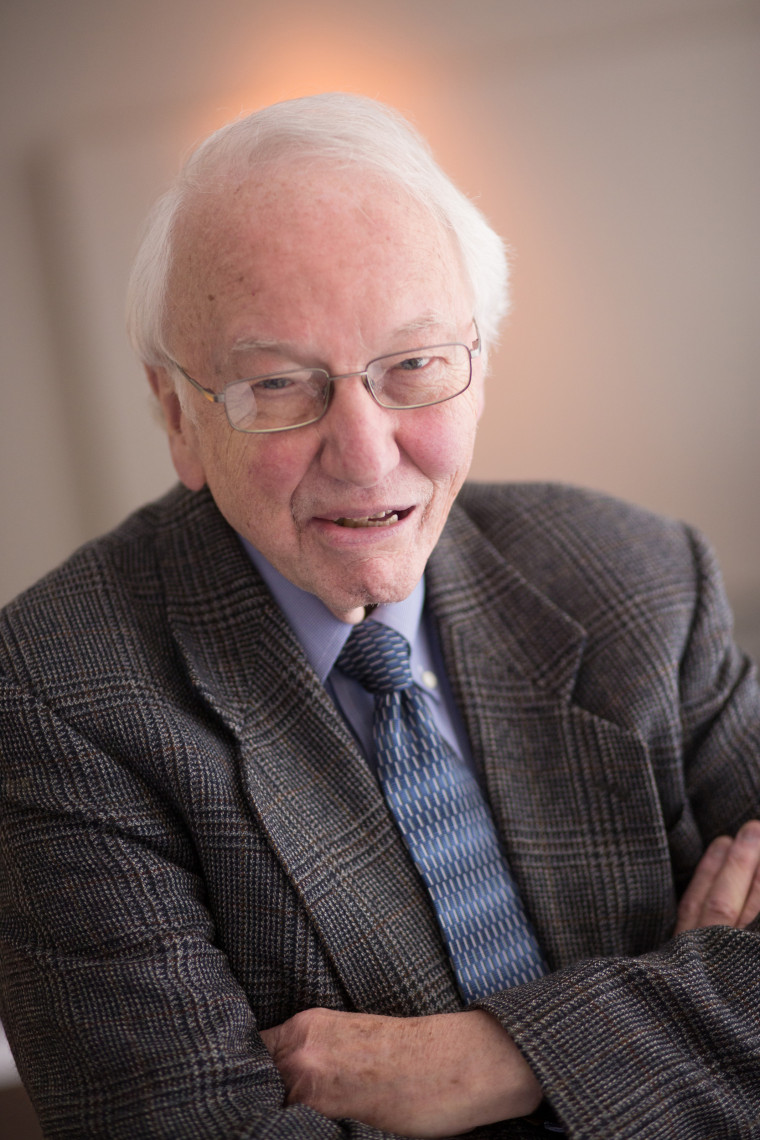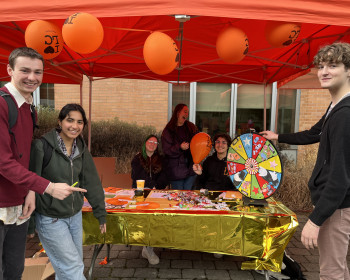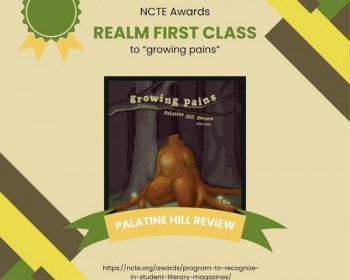David Sack ’65
2019
Distinguished Alumnus Award
Meet David in this video!
David Sack joined John Hopkins University as a fellow in 1974 and has remained on the faculty ever since. He teaches courses on tropical diseases and works with groups to promote vaccine and rehydration solutions— including oral rehydration solution, the rotavirus vaccine, and the cholera vaccine—for severe diarrhea diseases.
Open gallery

David moved to Oregon with his family from the Midwest in 1952. He and three of his brothers attended Lewis & Clark College as pre-med students, and all three graduated from the University of Oregon Medical School. David trained in internal medicine at the University of Iowa and served the Northern Cheyenne tribe in the Indian Health Service while his wife, Jean Alexander BA ’67, taught high school English. They traveled to work with medical missionaries in the Congo to learn about healthcare in developing countries before David completed his training in internal medicine in Iowa. Jean and David then moved to Baltimore for his infectious diseases fellowship at John Hopkins University (JHU), where he has remained on the faculty ever since.
David’s research is on cholera and other severe diarrhea diseases. He first collaborated with the International Centre for Diarrhoeal Disease Research in Bangladesh from 1977–80. This work began a series of projects to improve the treatment of these diseases with vaccines, antibiotics, and rehydration fluids, especially oral rehydration solution. David returned to Baltimore to continue clinical work and research at JHU but rejoined the Centre in Bangladesh from 1984–87 to carry out a field trial of a new oral vaccine for cholera. Following that, he continued his research at JHU on enteric vaccines, including rotavirus, and assisted with projects in Latin America during the cholera outbreaks in the early 1990s. In 1999, Jean and David returned once more to Bangladesh, this time for David to serve as the director of the Centre.
At age 76, David remains a professor in international health, teaching courses in tropical diseases. He continues to work with groups such as the World Health Organization to eliminate cholera, and still travels to research sites in Africa where he has the opportunity to mentor scientists, field researchers, and government officials.
Alumni is located in Alumni Gatehouse on the Undergraduate Campus.
MSC: 77
email alumni@lclark.edu
voice 503-768-7950
fax 503-768-7920
Assistant Vice President for Engagement
Stephen LeBoutillier ’00
Alumni
Lewis & Clark
615 S. Palatine Hill Road MSC 77
Portland OR 97219


